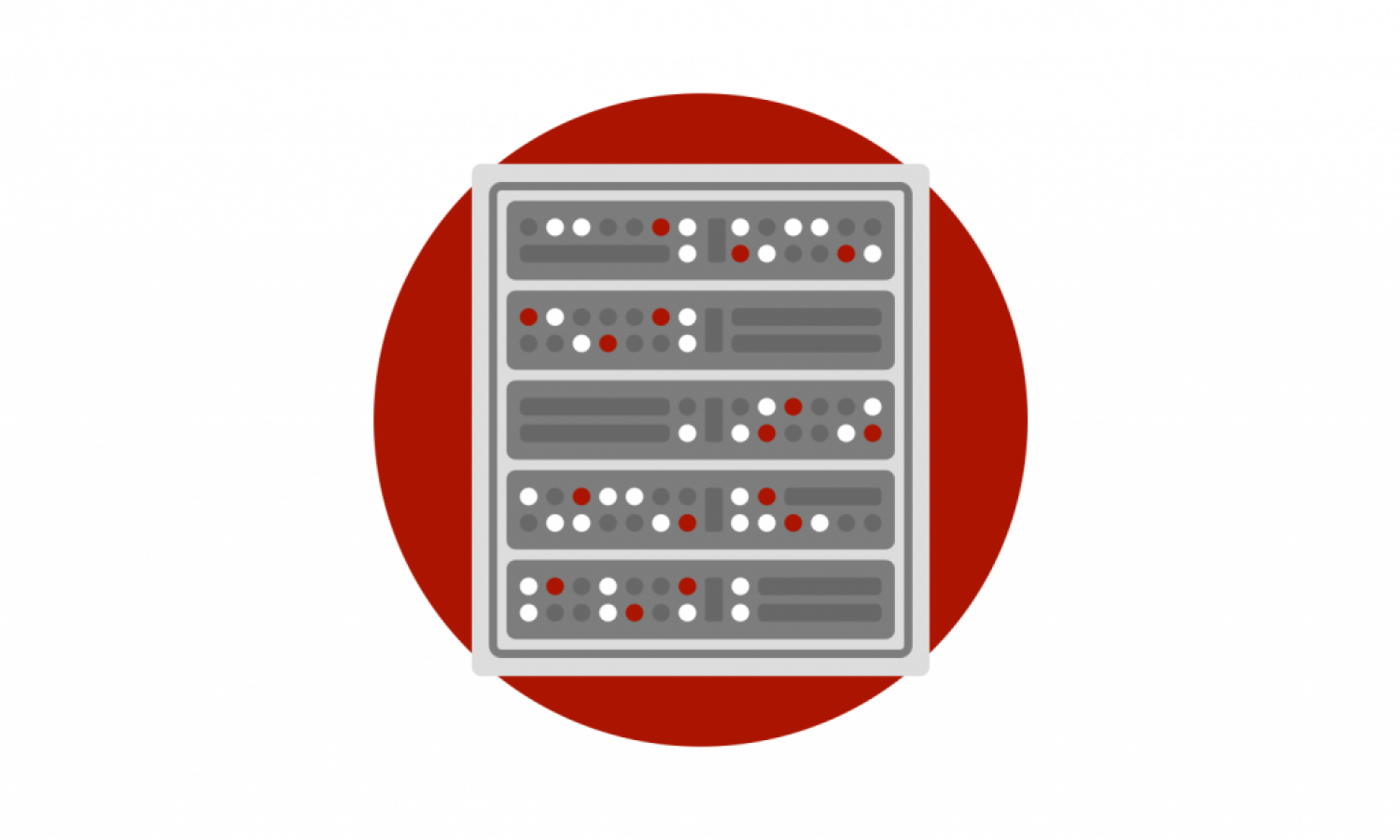i2Coalition Statement on European Union Parliament “Safe Harbor” Vote
Internet Infrastructure Coalition (i2Coalition) Co-Founder and Public Policy Working Group Chair David Snead today released the following statement on a European Union Parliament vote on a potential “Safe Harbor” agreement suspension:
“The E.U. Parliament passed a resolution that, if enacted by the E.U. Council, could harm i2Coalition members and hobble the Internet industry as a whole. i2Coalition has embraced policies that protect personal privacy because our members recognize its value in improving the global Internet community.
“This change in policy can be directly attributed to the mass surveillance practices of the U.S. government and the dragnet collection of digital records that such a strategy invites. These tactics, as shown by yesterday’s vote in the E.U. Parliament, threaten to break the Internet into individualized pieces, destroying the system of Internet governance that has led to its massive success.
“i2Coalition supports policies that will protect the free and open Internet, not fragment it. A workable set of privacy principles should be easily implementable and nondiscriminatory. Further, the E.U. should develop a method for non-European businesses to comply with laws without being required to locate or store data in a geographic location or adopt practices that compromise them in the marketplace versus local players. Working solutions, like Safe Harbor, should be strengthened, and not suspended as a punitive measure in a political fight.
“In the U.S., i2Coalition has repeatedly called for reforms that will bring U.S. policies in line with international privacy norms, increase transparency about surveillance practices and provide open, meaningful oversight of U.S. intelligence agencies. These changes would restore a significant amount of confidence in an industry that, until recently, has been forced to remain silent about issues that our customers and the global Internet community should know about.
“We look forward to engaging with policy makers in the E.U. and around the world to develop workable, common sense methods to ensure that the global Internet remains a trusted place for individuals and businesses alike.”

